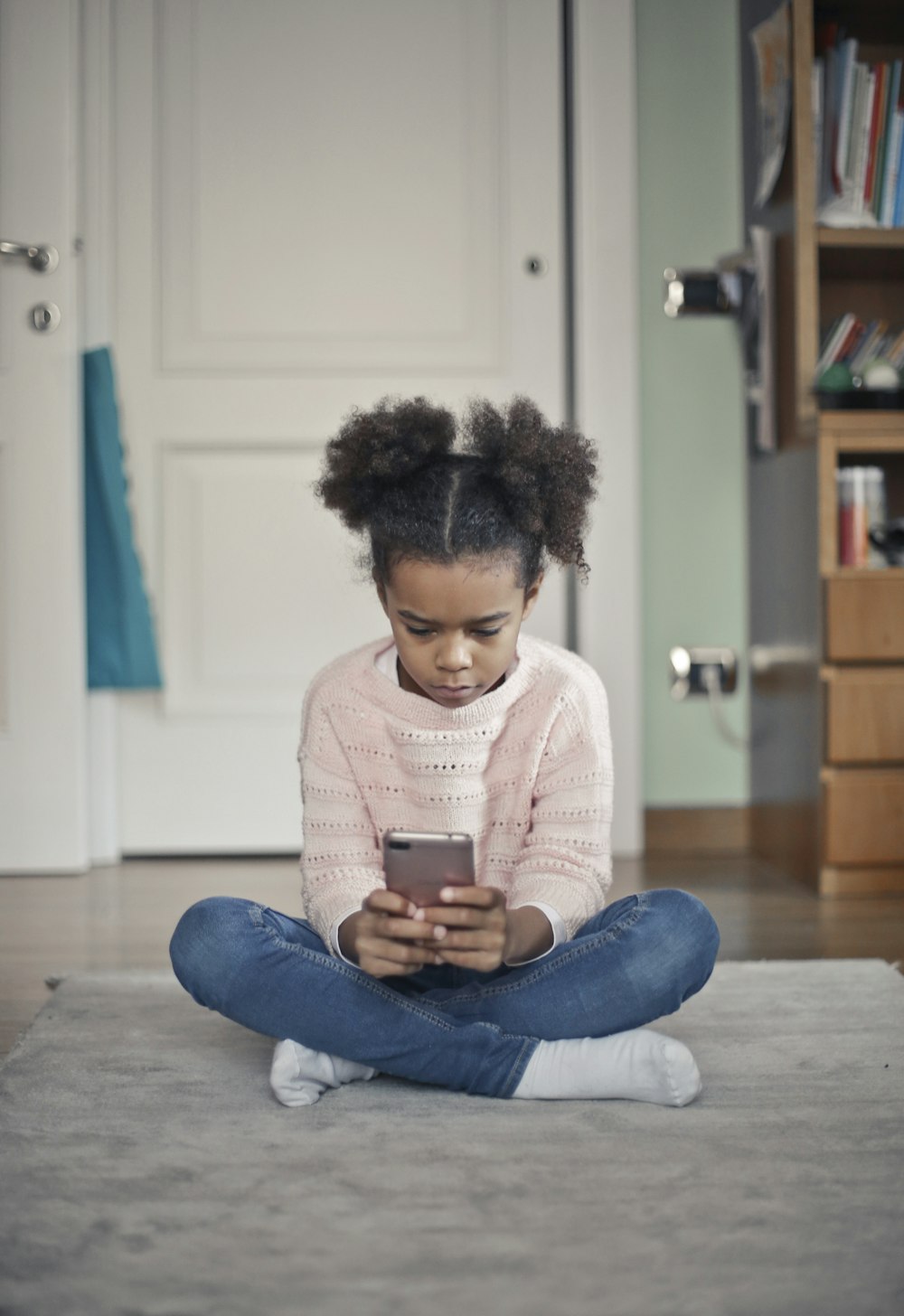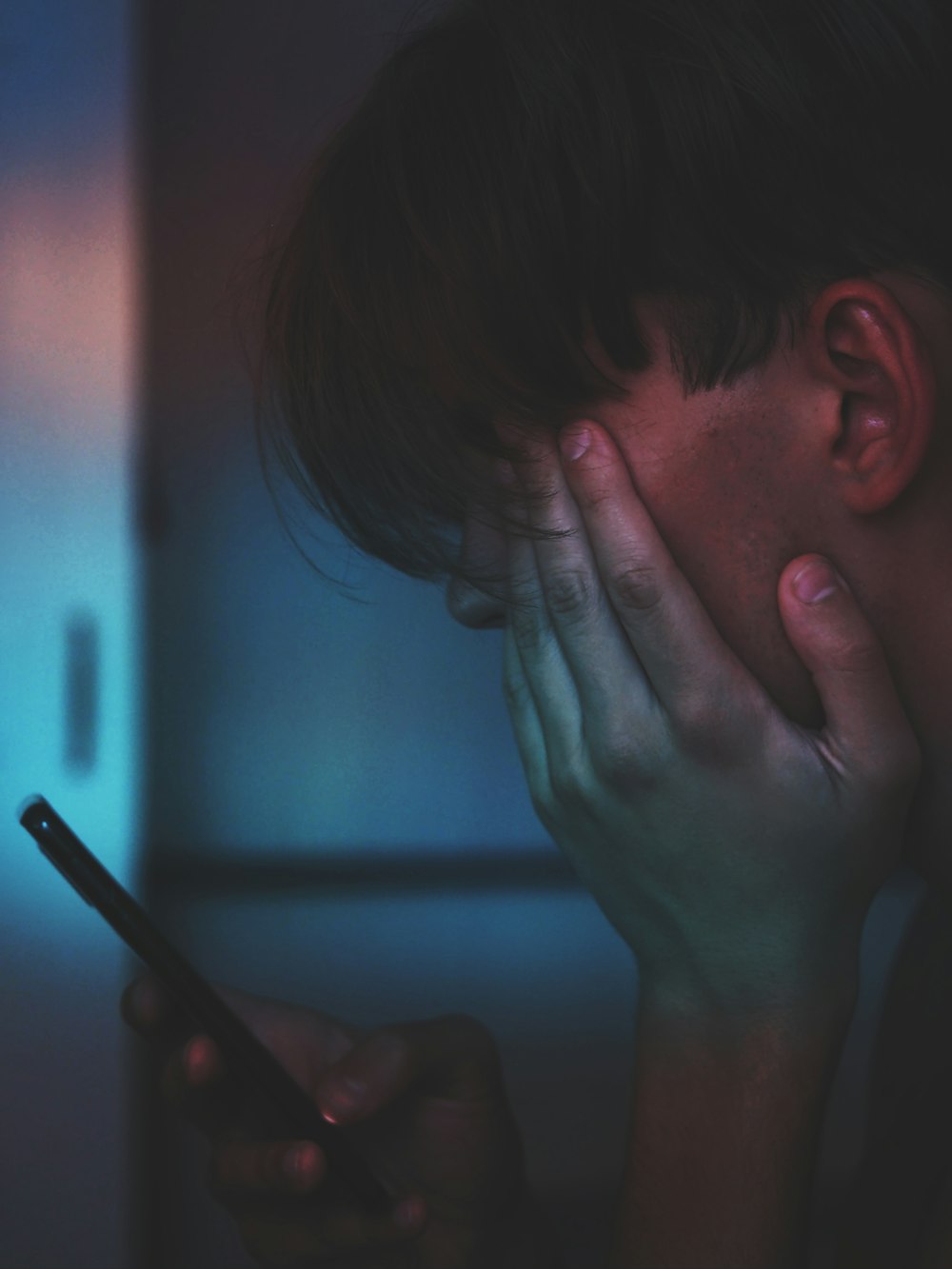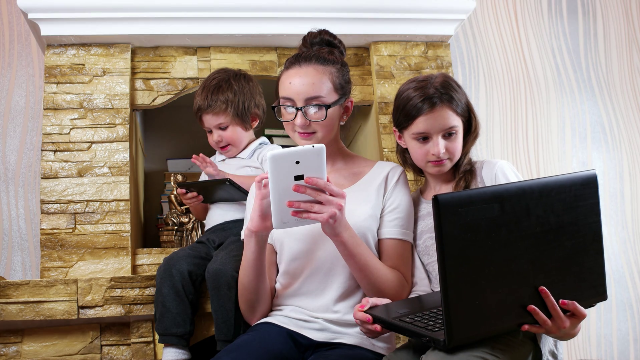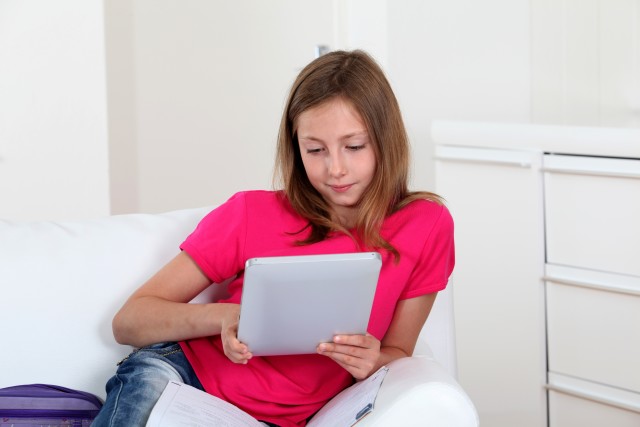It’s hard to turn on the news without seeing violence. Terrible tragedies on U.S. soil — mass shootings in San Bernardino, Colorado Springs, and Charleston — and terrorist attacks in Paris have made the recent news look more like an awful movie than a report on real life.
The news is full of disturbing and violent footage that you would never allow your kids to watch on television shows and movies. But because it’s the news, it’s out there for easy consumption by adults and kids alike.
Kids can walk into a room or flip through the channels and find reports on violence and terror from around the country. But what’s worse is what they can find online.
Violent Videos Aren’t Uncommon on Social Media
While footage aired on television and news broadcasts is edited and usually accompanied by warnings before graphic material, the internet is not so carefully monitored.
Videos of violent situations are frequently uploaded and then widely shared through social media. While there are safeguards from social media sites that allow users to flag offensive and violent videos, the videos don’t always come down.
Kids can come across these videos through search. But even worse, kids may see these videos without even looking for them. Many social sites utilize video playback features that automatically trigger a video to start.
Recently, when Virginia news anchor Alison Parker and cameraman Adam Ward were shot on live television, their attacker took a first-person video of the event. He later uploaded it to social media. The video was quickly shared and spread throughout social media, where a child browsing through their newsfeed could have accidentally landed on the disturbing footage.
How to Protect Your Child from the Violence on Social Media
There is no way to fully protect your child from seeing violence on social media unless you ban its use altogether.
If you want to protect your child while still allowing them to use social media, you need to talk to them about how they can avoid violent videos and explain what to do if they see one.
It’s important to share the following tips and best practices for social media use:
- Only follow users you know.
- Use settings that hide explicit content.
- Do not search for violent terms.
- Quickly click out of any video that includes violent terms in the title or post.
- Flag any video that is inappropriate.
- If you see a video, don’t keep it to yourself. Talk about it with an adult. An adult can help you process what the videos means.
When kids and teens use social media, it comes with a variety of risks. From online bullying to stranger danger to posting inappropriate messages and photos, a child’s social media activity is something that parents constantly need to monitor.
But with that MamaBear app, Peace of Mind Parenting™ app, that job is a little easier. With the app, parents can easily monitor the way their children use the platforms and ensure they are using social media best practices. Kids are happy because they can use social media, and parents are happy because their children are protected. The free app is available for both iPhones and Androids.



